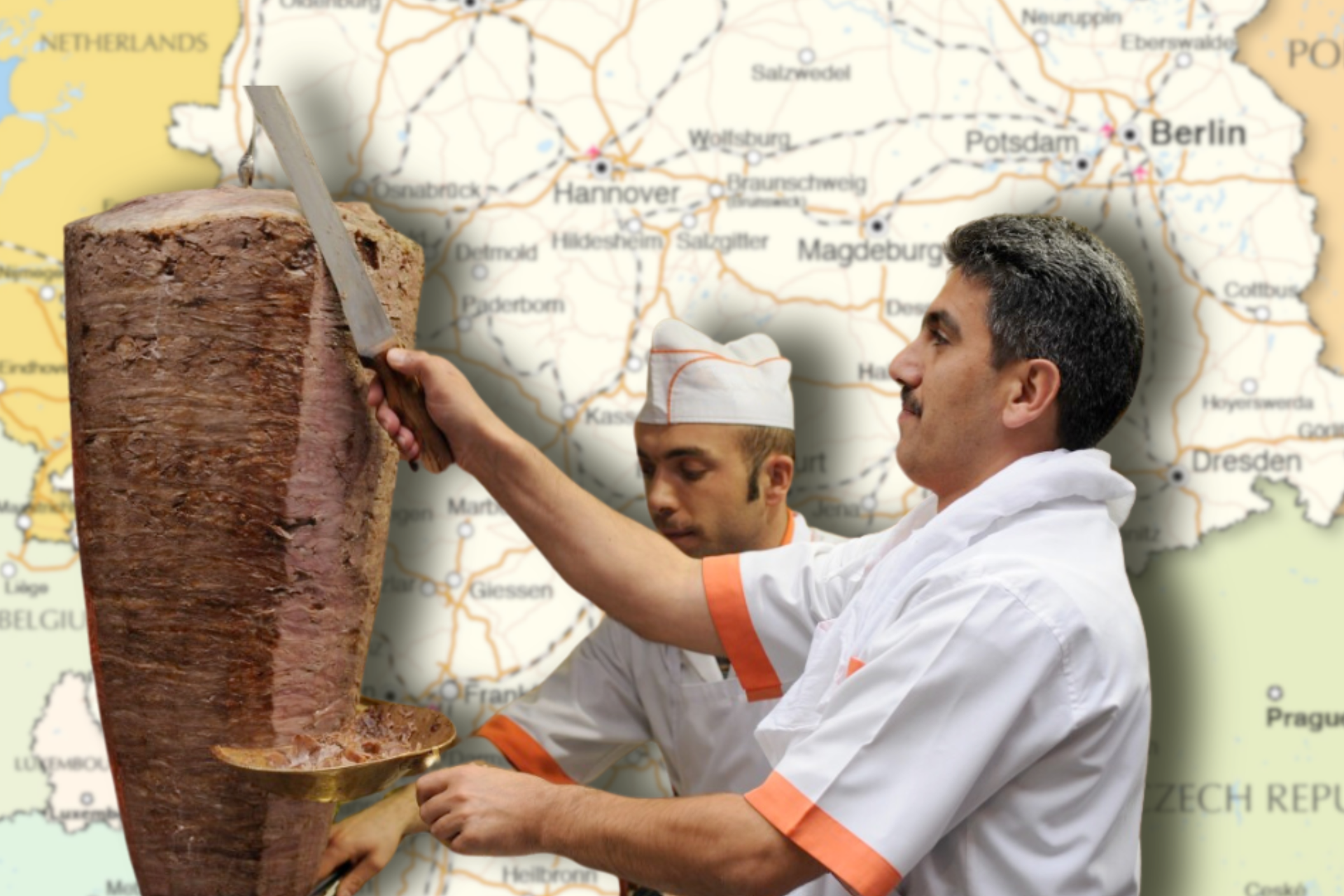
Türkiye's push for EU recognition of doner kebab as a traditional specialty has sparked significant objections from Germany.
This debate touches on cultural heritage, economic interests and culinary traditions, influencing discussions across Europe.
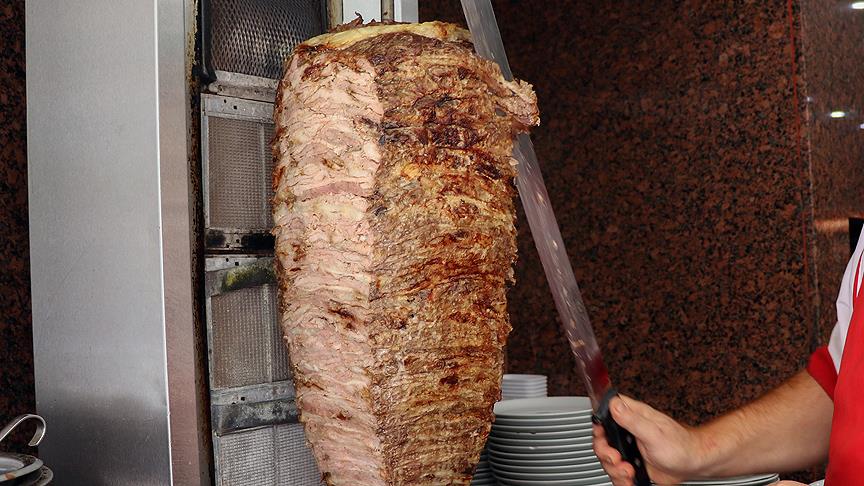
In April 2024, Türkiye submitted an application to the European Commission to recognize doner kebab as a Traditional Specialty Guaranteed (TSG) product.
Germany reacted quickly. Cem Ozdemir, Germany’s food and agriculture minister, voiced opposition, stating, “The kebab belongs to Germany. Everyone should be allowed to decide for themselves how it is prepared and eaten here. There is no need for guidelines from Ankara.”
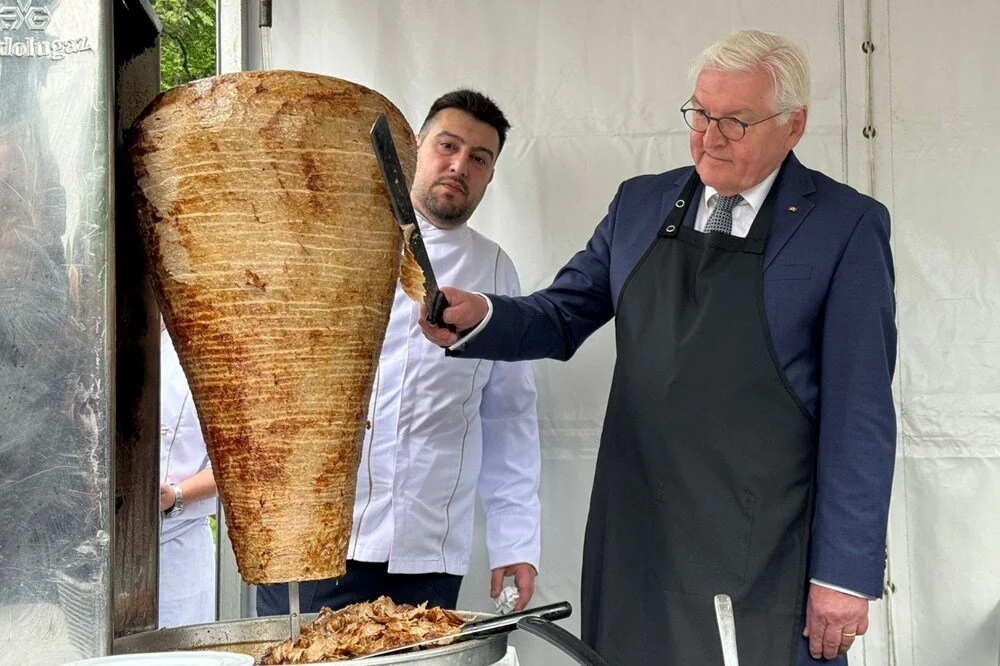
The debate over Türkiye's doner kebab application is also related to major contrasts in preparation.
These ongoing discussions highlight the challenges of maintaining culinary authenticity while balancing regional practices.

Greece’s journey to secure Traditional Specialty Guaranteed status for gyros in 2019 adds an interesting comparison.
While Greece’s recognition process was met with minimal hurdles and resistance from other countries, Türkiye’s effort sparked economic and political pushback, suggesting potential inconsistencies in the EU’s evaluation approach.
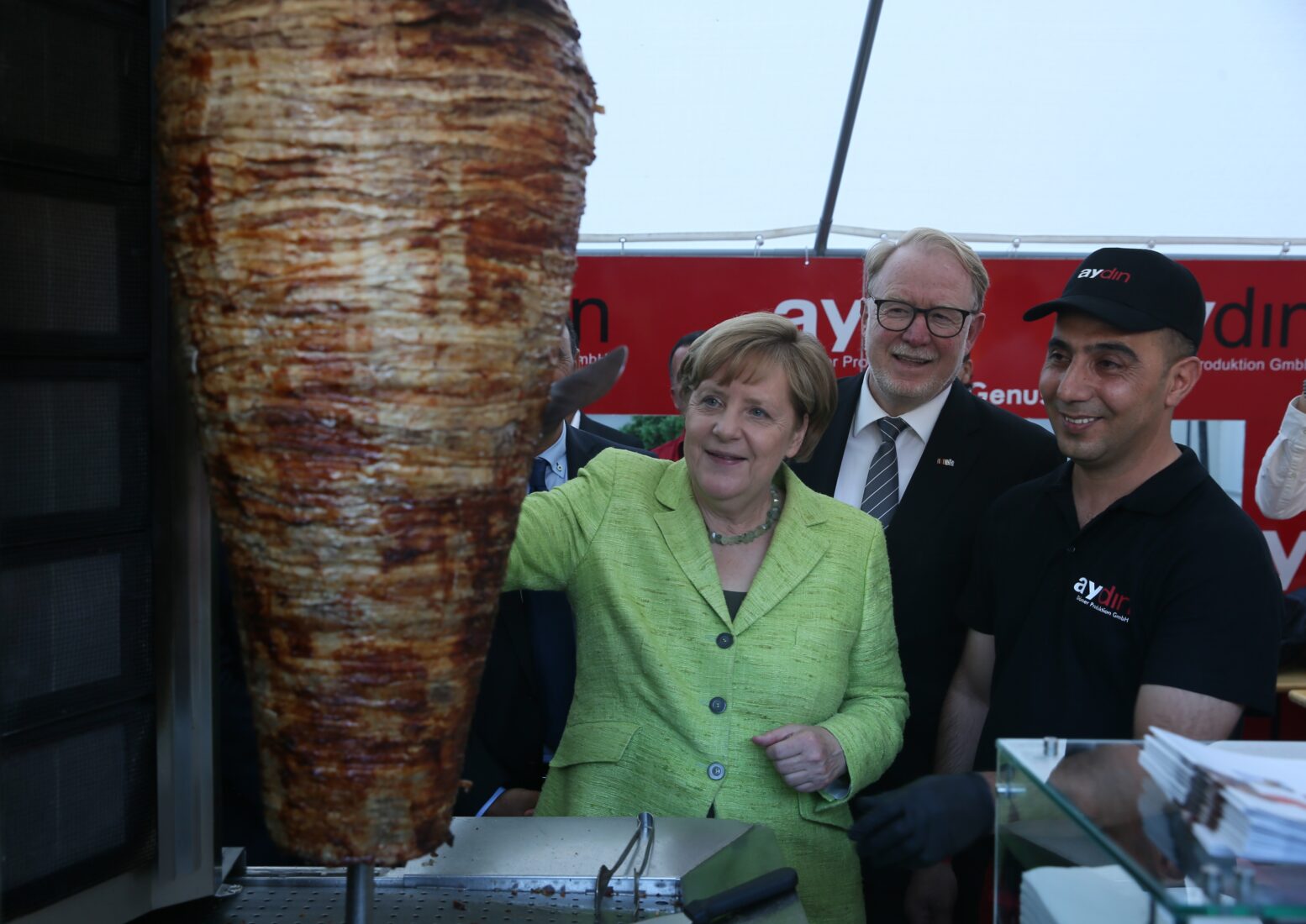
The doner kebab industry in Germany alone generates around $2.6 billion annually, with the figure reaching $3.9 billion across Europe.
Turkish immigrants introduced doner kebab to Germany in the 1970s, adapting it to local tastes by serving it in pita with salad and garlic yogurt sauce. This Berlin-style doner has become a staple, representing cultural exchange.
The origins of doner kebab trace back to Türkiye and the Ottoman Empire, with the term "doner" meaning "to turn," referring to the rotating spit. By the 19th century, it was already a popular dish in Istanbul and gradually expanded across Europe.
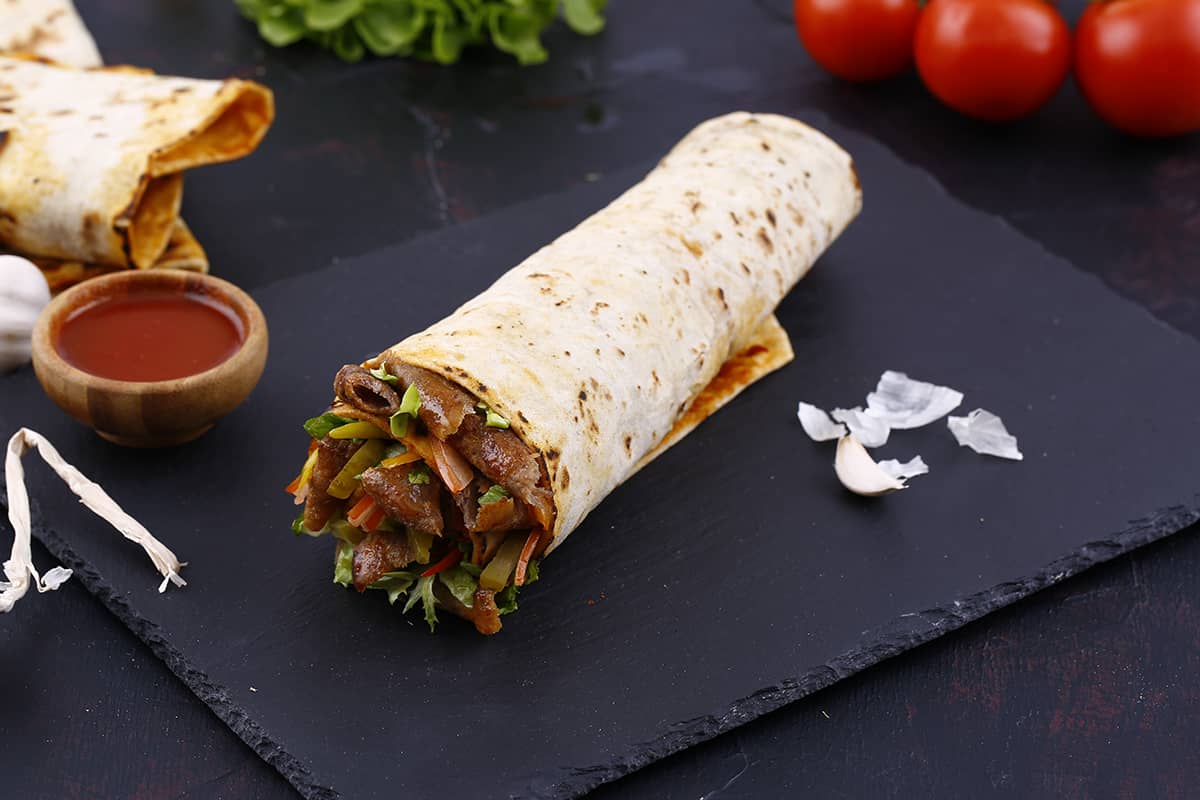
The European Commission has given Türkiye and Germany until March 2025 to find a compromise. If an agreement isn’t reached, the commission will issue a final ruling. Germany's Federal Ministry of Food and Agriculture, backed by 10 other organizations, pointed out that Türkiye’s proposed standards could burden German producers.
“We have taken note of the application from Türkiye with some astonishment,” the ministry commented. “The kebab is part of Germany, and the diversity of its preparation methods reflects the diversity of our country – this must be preserved.”
For Türkiye, achieving EU recognition for doner kebab is crucial for preserving its culinary heritage. The International Doner Federation in Istanbul backs this effort, emphasizing that the dish is an essential part of Türkiye’s cultural identity.
What happens if no compromise is reached: If Türkiye and Germany fail to reach an agreement, the European Commission will decide on the matter. The outcome could shape the future of doner kebab in Europe and set a precedent for how traditional foods are protected.